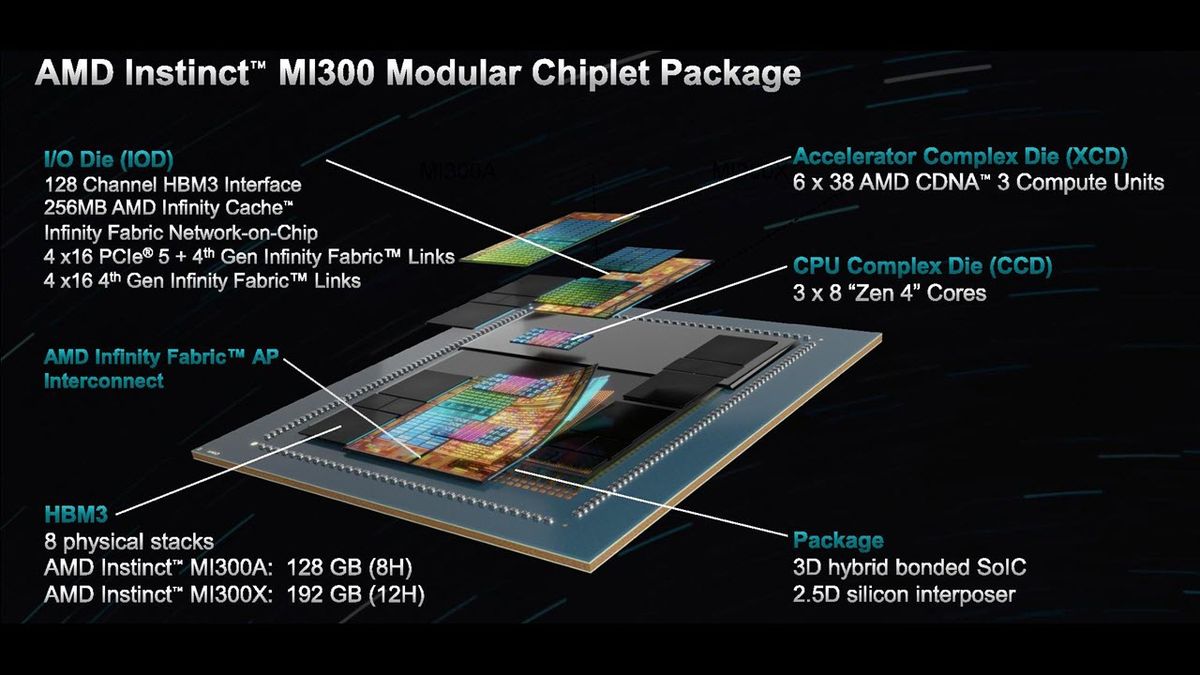Get the latest tech news
The AMD Radeon Instinct MI300A's Giant Memory Subsystem
AMD acquired ATI in 2006, hoping ATI's GPU expertise would combine with AMD's CPU know-how to create integrated solutions worth more than the sum of their parts.
It’s is an indication that Nvidia’s Pascal GPUs lack strong hardware cache coherency support, forcing the GPU drivers to copy the entire 256 MB buffer rather than transferring the single modified cacheline. Because each IOD is nearly abutting its adjacent neighbors, we were able to leverage a highly optimized “ultra short reach” (USR) SerDes PHY previously developed for our Radeon GPUs AMD has already scored several major supercomputings win with this design with the biggest being LLNL's El Capitan using quad-socket MI300A nodes, and occupies the top spot in TOP500's November 2024 list.
Or read this on Hacker News
